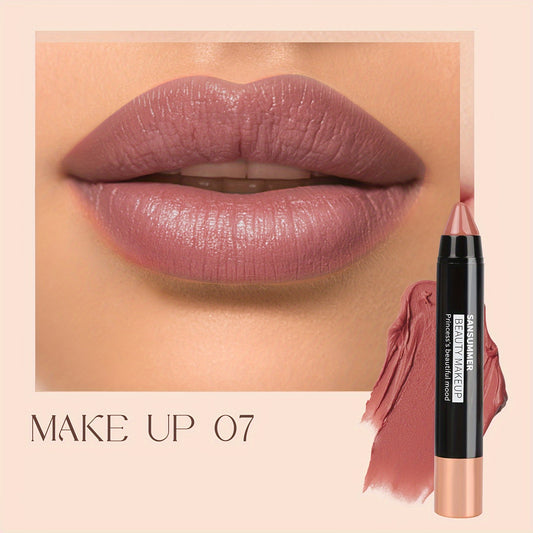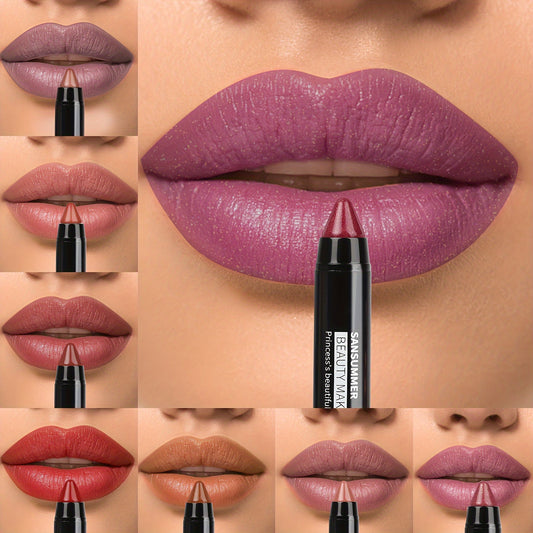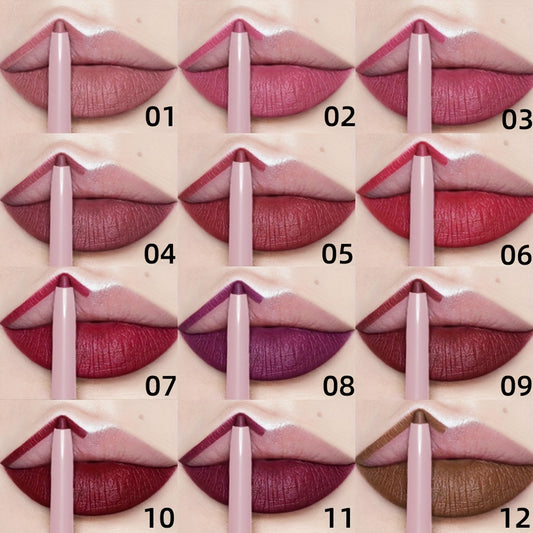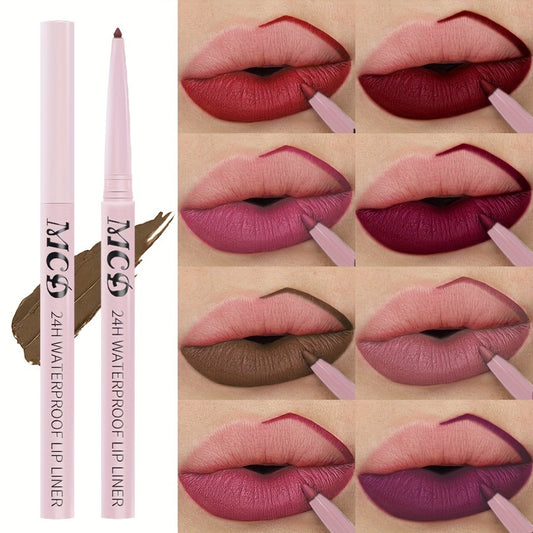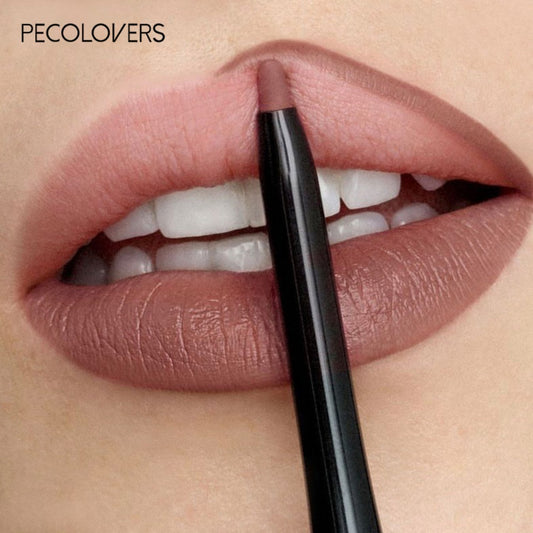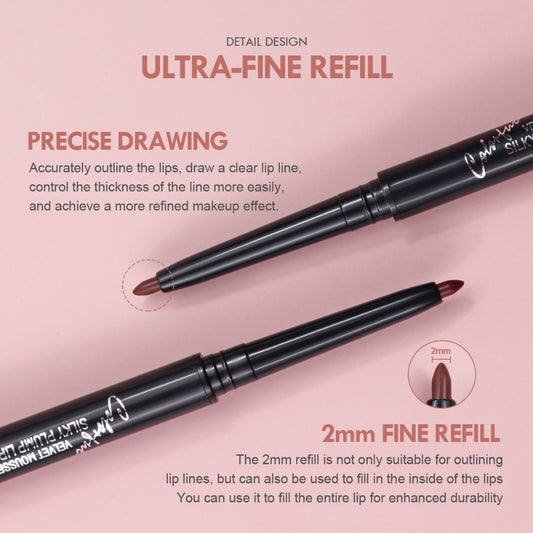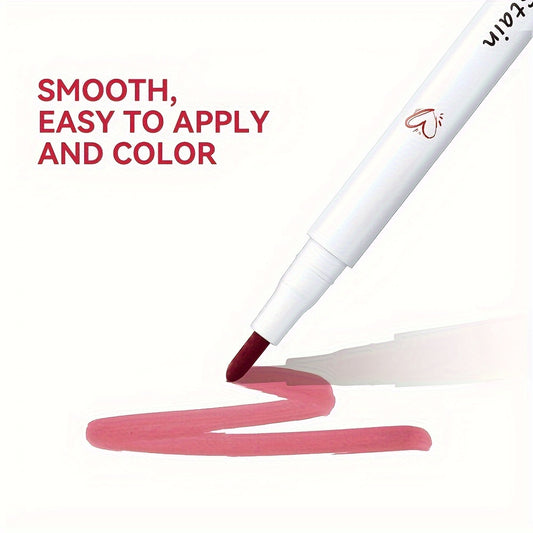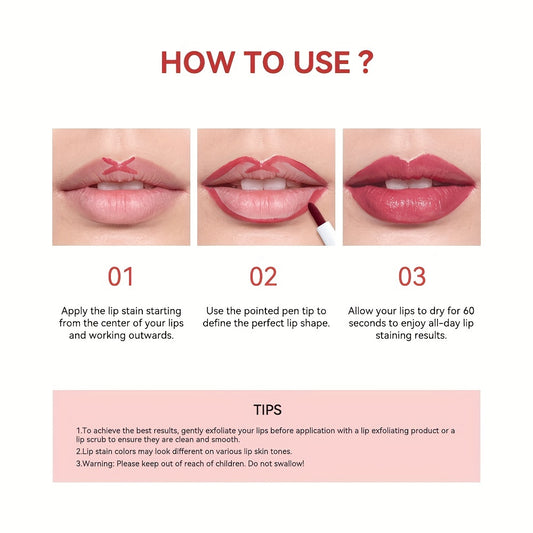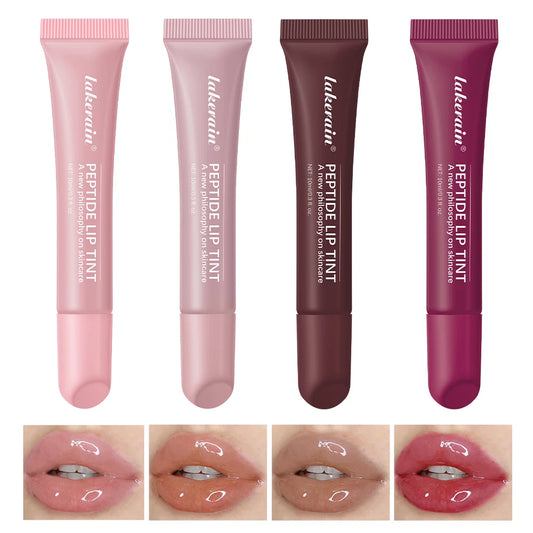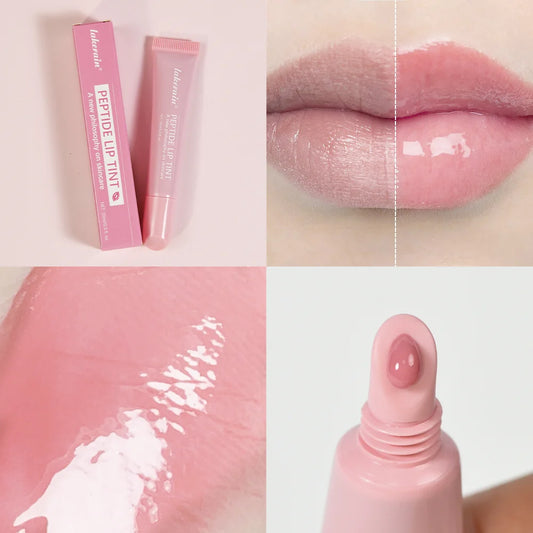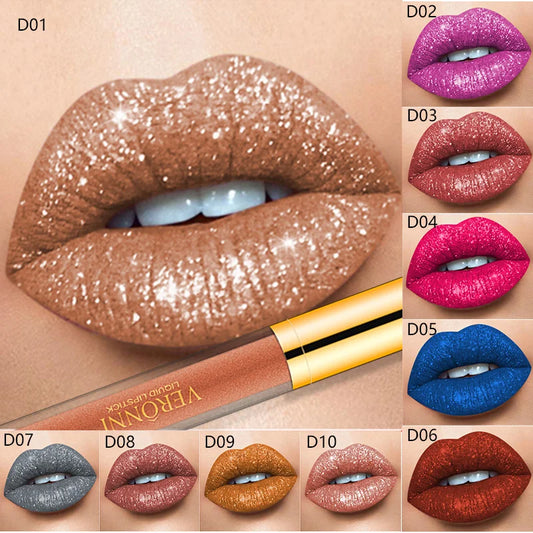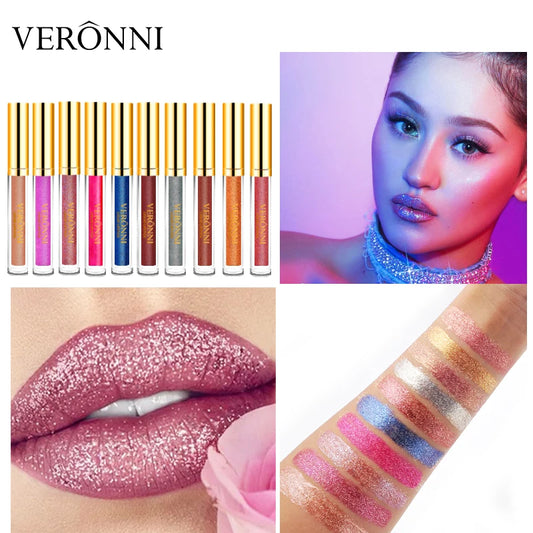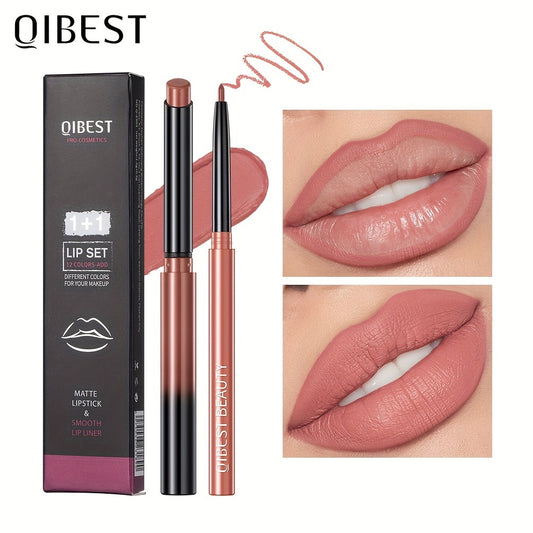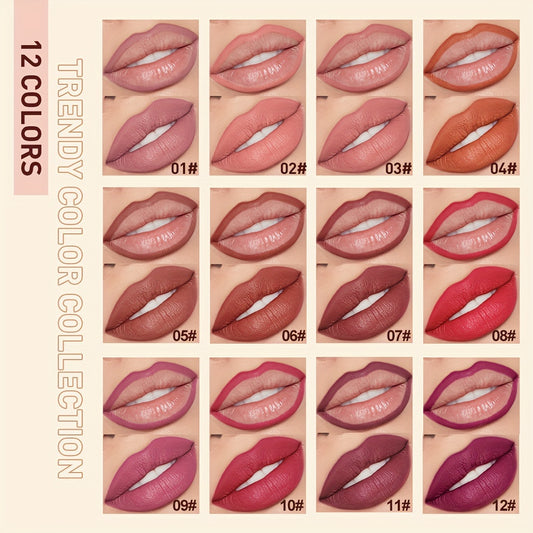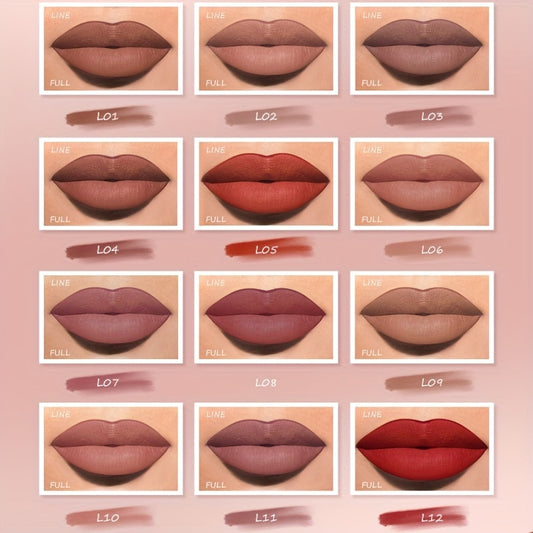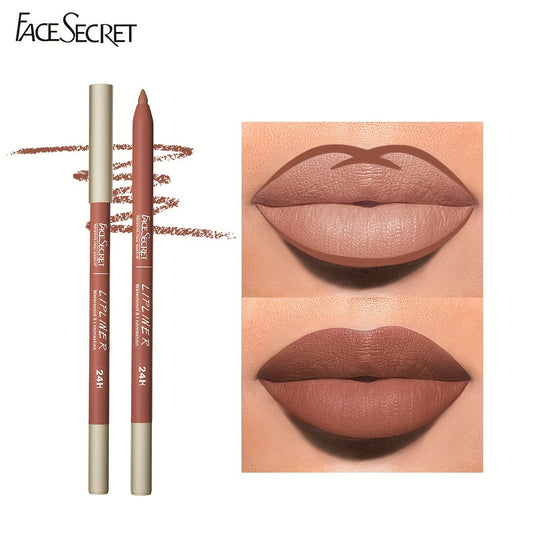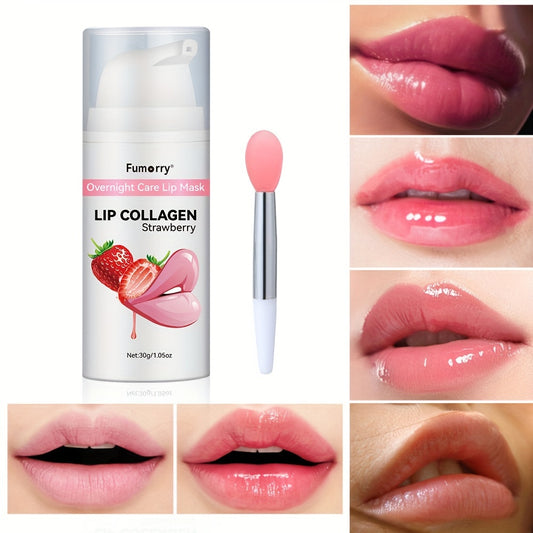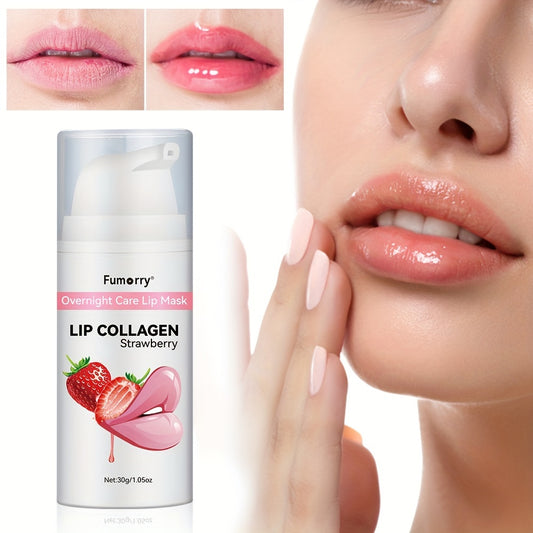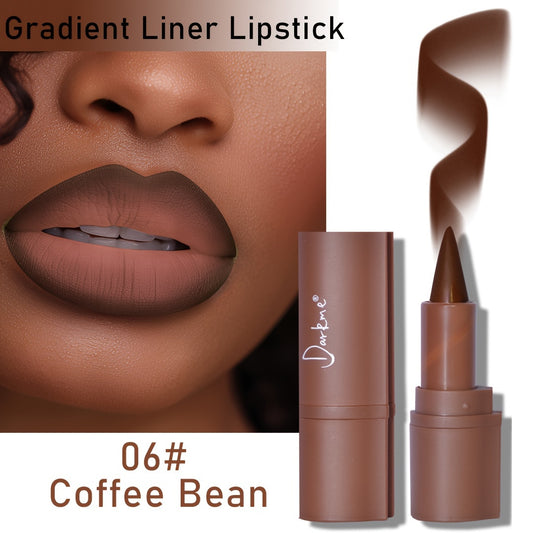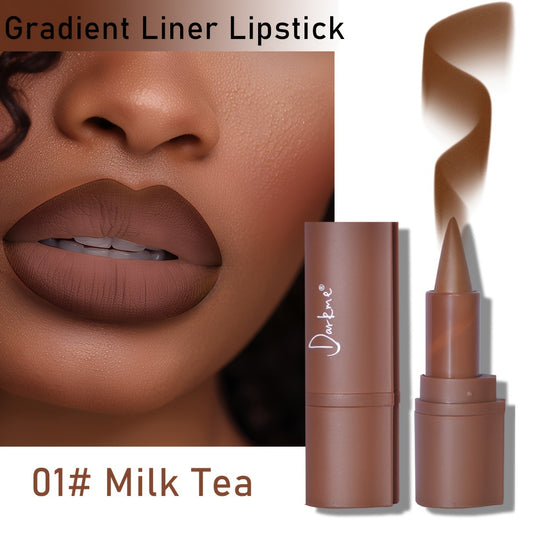Essential Guide on How to Heal Chapped Lips Effectively
Share
Chapped lips can be a real pain, especially when they crack and peel. Whether it's the dry winter air or just a lack of hydration, we all deal with this annoying issue from time to time. Luckily, there are plenty of ways to soothe and heal your lips. In this guide, we'll explore some effective methods on how to heal chapped lips, covering everything from natural remedies to daily habits that can keep your lips looking and feeling great.
Key Takeaways
- Stay hydrated by drinking plenty of water.
- Use natural moisturizers like honey and coconut oil.
- Choose lip products without irritating ingredients.
- Avoid licking your lips to prevent further drying.
- Gently exfoliate your lips to remove dead skin.
Understanding Chapped Lips
What Causes Chapped Lips?
Chapped lips, also known as cheilitis, are a really common problem. I get them all the time, especially when the weather changes. The skin on your lips is way thinner and more delicate than the skin on the rest of your face, which makes them super vulnerable. They don't have oil glands like the rest of your skin, so they can't produce their own moisture.
Here's a quick rundown of the usual suspects:
- Weather: Cold, dry air in the winter is a big one. Also, too much sun in the summer can do a number on your lips. Avoiding extreme temperatures can help manage chapped lips.
- Lip Licking: I know, it's a hard habit to break, but saliva actually dries out your lips even more. It's a vicious cycle!
- Dehydration: Not drinking enough water affects your whole body, including your lips. Staying hydrated is key.
- Certain Products: Some lipsticks, lip balms, and even toothpaste can contain ingredients that irritate your lips. It's important to use non-irritating lip balm.
I remember one winter where my lips were so cracked they actually bled. It was awful! I realized I was constantly licking them without even thinking about it. Once I made a conscious effort to stop, they started to heal pretty quickly.
Common Symptoms of Chapped Lips
Okay, so how do you know if you have chapped lips? It's usually pretty obvious, but here are some telltale signs:
- Dryness: This is the most obvious one. Your lips just feel tight and parched.
- Flaking: Little bits of skin start peeling off. Resist the urge to pick them!
- Cracking: Small cracks can appear, especially in the corners of your mouth. These can be painful.
- Redness: The skin around your lips might get red and inflamed.
- Tenderness: Your lips might feel sensitive to the touch.
When to Seek Medical Attention
Most of the time, chapped lips are just a minor annoyance that you can treat at home. But sometimes, it's a good idea to see a doctor. If you've tried everything and your lips just aren't getting better, or if you notice any of these symptoms, it might be time to seek medical attention:
- Severe cracking or bleeding: If your lips are deeply cracked and bleeding a lot, it could be a sign of infection.
- Signs of infection: Look for pus, swelling, or increased redness.
- Chapped lips that don't improve with home treatment: If you've been diligently applying lip balm and staying hydrated for a week or two and your lips are still chapped, there might be an underlying issue. People who have tried multiple remedies for their chapped lips without success may want to contact their healthcare provider.
- Chapped lips accompanied by other symptoms: If you have other symptoms like fever, rash, or joint pain, it could be a sign of a more serious condition.
Sometimes, certain medications or medical conditions can cause dehydration and chapped lips. If that's the case, your doctor might recommend switching to a different medication or treating the underlying condition. It's always better to be safe than sorry!
Natural Remedies for Healing
Okay, so your lips are chapped. It happens! Before you run to the store for the fanciest lip balm, consider raiding your kitchen. You might be surprised at what you already have that can help. I've tried a bunch of stuff over the years, and some natural remedies really do work wonders. They're often gentler than the stuff with a million ingredients, too.
Using Honey for Moisture
Honey is a fantastic natural humectant, meaning it draws moisture to your skin. I remember when I first tried it, I was skeptical, but it really does make a difference. Plus, it has antibacterial properties, which is great if your lips are cracked and irritated. Just make sure you use raw, unprocessed honey for the best results. I usually apply a thin layer before bed and let it work its magic overnight. You can also apply it during the day, but be prepared for a slightly sticky situation!
Coconut Oil Benefits
Coconut oil is my go-to for pretty much everything, and chapped lips are no exception. It's super moisturizing and helps to soothe any discomfort. I like to keep a small jar of coconut oil in my bag and reapply it throughout the day. It creates a barrier that protects your lips from the elements. Just a heads up, though – some people find it a bit greasy, so start with a small amount.
Green Tea Bag Treatment
This one might sound a little weird, but trust me, it works! Green tea is packed with antioxidants and has anti-inflammatory properties. All you have to do is steep a green tea bag in warm water for a few minutes, then gently press it against your lips. I usually do this for about five minutes. It helps to soothe inflammation and promote healing. Plus, it's a great excuse to make a cup of tea! I find that using a green tea bag is especially helpful when my lips are feeling really sore and irritated.
I've found that consistency is key with natural remedies. Don't expect overnight miracles. It takes a few days of regular application to see a real difference. Also, remember that everyone's skin is different, so what works for me might not work for you. Experiment and find what suits you best.
Choosing the Right Lip Products

Ingredients to Avoid
Okay, so you're standing in the store, staring at a wall of lip balms. How do you even choose? First, let's talk about what to avoid. Some ingredients actually make your chapped lips worse in the long run. It's kind of sneaky, I know.
- Camphor and Menthol: These give that cooling sensation, but they can dry out your lips. It's like a temporary fix that backfires.
- Fragrances and Dyes: These are common irritants. If you have sensitive skin, steer clear.
- Salicylic Acid: This is an exfoliant, which sounds good, but it can be too harsh for already irritated lips. Save it for a lip scrub, used sparingly.
It's better to go for something simple and moisturizing. Think of it like choosing food – less processed is usually better. Your lips will thank you.
Beneficial Ingredients
Now for the good stuff! What should you look for in a lip balm? This is where it gets fun. There are some really great ingredients out there that can make a big difference. Look for products with natural oils and butters.
- Shea Butter: Super moisturizing and soothing.
- Coconut Oil: A classic for a reason. It's hydrating and has some antibacterial properties.
- Beeswax: Creates a protective barrier to lock in moisture.
- Hyaluronic Acid: This stuff is amazing for drawing moisture to your lips. It's like a magnet for hydration.
- Ceramides: Help to repair the skin barrier on your lips.
How to Select a Lip Balm
So, you know what to avoid and what to look for. Now, how do you actually pick a lip balm? Here's my strategy:
- Read the Label: Don't just grab the first one you see. Take a minute to read the ingredients list. Make sure the beneficial ingredients are high up on the list.
- Consider the Texture: Do you prefer a thick balm or something lighter? It's all about personal preference. I like something that feels substantial but not greasy.
- Think About SPF: If you're going to be outside, using SPF lip balm is a must. The sun can really damage your lips, even in the winter.
| Feature | Consideration The post-exfoliation care is very important. After you have exfoliated your lips, you should apply a hydrating lip balm or moisturizer to lock in the moisture. This will help to keep your lips soft and smooth.
Daily Habits for Lip Care

Importance of Hydration
Okay, so, hydration is super important for, like, everything, including your lips. If you're not drinking enough water, your lips are gonna be the first to let you know. They'll get all dry and cracked, and nobody wants that. I try to keep a water bottle with me all the time, it helps a lot.
- Drink plenty of water throughout the day. Aim for at least 8 glasses. It sounds like a lot, but you can do it!
- Eat fruits and veggies with high water content, like watermelon and cucumbers. They're tasty and hydrating!
- Avoid drinks that dehydrate you, like soda and excessive caffeine. I know, it's hard, but your lips will thank you.
I've noticed a huge difference in my skin and lips since I started drinking more water. It's such a simple thing, but it really makes a difference. Seriously, just try it for a week and see what happens.
Avoiding Lip Licking
I know, it's a tough one, but seriously, stop licking your lips! It feels good for a second, but then it makes things way worse. Your saliva actually dries them out even more. Instead of licking, grab a good lip balm. Trust me on this one.
- Saliva evaporates quickly, taking moisture with it.
- Licking can also transfer bacteria, which isn't great.
- Keep lip balm handy to resist the urge.
Using a Humidifier
Especially during the winter months, a humidifier can be a total lifesaver. The dry air just sucks the moisture right out of everything, including your lips. I run one in my bedroom at night, and it makes a huge difference. You can find affordable humidifiers pretty easily these days.
- Adds moisture to the air, preventing dryness.
- Helps keep your lips hydrated while you sleep.
- Consider using one in your bedroom or office.
Exfoliation Techniques for Lips
Gentle Exfoliation Methods
Okay, so your lips are chapped, and you're slathering on balm like it's going out of style, but it's not really helping? You might need to exfoliate! Exfoliating gets rid of the dead skin, letting your lip balm actually do its job.
- Soft Toothbrush: Use a super soft toothbrush (like, baby toothbrush soft) and gently brush your lips in small circles. Do this on wet lips, and don't press too hard!
- Washcloth: A damp washcloth works too. Again, gentle circles are key.
- Finger Exfoliation: Sometimes, you can just use your finger! If the skin is already pretty loose, gently rubbing with your finger can do the trick.
Exfoliating your lips is like hitting the reset button. It preps them to absorb moisture better, so all those balms and treatments you're using can actually penetrate and heal.
Homemade Exfoliating Scrubs
If you want to get a little fancier, try a homemade scrub. They're easy to make and usually involve stuff you already have in your kitchen. Here are a few ideas:
- Sugar Scrub: Mix a teaspoon of sugar (brown or white works) with a teaspoon of honey or olive oil. The sugar is the exfoliant, and the honey/oil adds moisture.
- Oatmeal Scrub: Grind some oatmeal into a fine powder and mix it with honey or yogurt. Oatmeal is super gentle and soothing.
- Salt Scrub: Similar to sugar, but use finely ground sea salt. Be extra careful with this one, as salt can be a bit harsher. Mix with a moisturizing oil like coconut or almond oil.
To use any of these, just gently rub the scrub on your lips in circular motions for about a minute, then rinse with warm water and apply a hydrating lip balm.
Frequency of Exfoliation
Don't go overboard! Exfoliating too often can irritate your lips and make the chapping worse. Once or twice a week is usually plenty. If your lips are super sensitive, start with once a week and see how it goes. Pay attention to how your lips feel. If they're red or sore after exfoliating, cut back on the frequency. It's all about finding what works best for you and your lip care routine.
Protecting Lips from Environmental Damage

It's easy to forget, but your lips are super vulnerable to the environment. Think about it: they're always exposed! So, taking steps to shield them is a must for keeping them healthy and chap-free. Environmental factors can really mess with your lips, leading to dryness, cracking, and general discomfort.
Using SPF Lip Balm
Okay, this is non-negotiable. Sunscreen isn't just for your face; your lips need it too! Grab a lip balm with at least SPF 30 and make it a habit. Seriously, stash one in your bag, your car, your desk – everywhere. Reapply often, especially if you're spending time outdoors. Think of it as sunscreen for lips.
Avoiding Extreme Temperatures
Whether it's scorching heat or freezing cold, extreme temperatures can wreak havoc on your lips. In the summer, the sun can dry them out super fast. In the winter, the cold air and wind can do the same. Try to limit your exposure and take precautions.
Covering Lips in Harsh Weather
When the weather's being nasty, give your lips some extra love. In the winter, wrap a scarf around your mouth to protect them from the wind and cold. In the summer, a wide-brimmed hat can offer some shade. It's all about creating a barrier against the elements. Here's a quick list of things to remember:
- Winter: Scarf, avoid prolonged exposure.
- Summer: Hat, SPF lip balm, stay hydrated.
- Windy Days: Lip balm, scarf if possible.
Protecting your lips from the environment is a simple but effective way to prevent chapping and keep them looking and feeling their best. It's all about being mindful of the conditions and taking a few extra steps to shield them from harm.
Lifestyle Changes for Healthy Lips
Dietary Considerations
What you eat really does affect your lips. A balanced diet is key to keeping them healthy. I've noticed a huge difference since I started paying attention to what I'm eating. It's not just about avoiding junk food; it's about actively including foods that nourish your skin. Think of it as feeding your lips from the inside out.
- Make sure you're getting enough vitamins, especially A, C, and E. These are great for skin health.
- Don't forget about those essential fatty acids. Salmon, flaxseeds, and walnuts are your friends.
- Consider a multivitamin if you're not sure you're getting everything you need from your diet alone.
I used to think that lip care was all about external products, but I was wrong. What I eat has a huge impact. I've started incorporating more fruits, vegetables, and healthy fats into my diet, and my lips have never looked better. It's a simple change that makes a big difference.
Avoiding Irritants
It's amazing how many everyday things can irritate your lips. I had to do some serious detective work to figure out what was causing my issues. Once I identified the culprits and cut them out, my lips started to heal. It's all about being mindful of what comes into contact with your lips.
- Certain toothpastes can be surprisingly harsh. Look for SLS-free options.
- Be careful with flavored lip products. Sometimes, the fragrances can cause irritation.
- Pay attention to what you're eating. Acidic foods can sometimes cause problems.
Maintaining Overall Hydration
This one seems obvious, but it's so important. Staying hydrated is crucial for healthy lips. I carry a water bottle with me everywhere I go, and it's made a huge difference. It's not just about drinking water, though; it's about making sure your body is properly hydrated throughout the day. If you're looking for healthy-looking lips, hydration is the first step.
- Aim for at least 8 glasses of water a day. It sounds like a lot, but it's doable.
- Eat hydrating foods like cucumbers and watermelon. They're a tasty way to boost your water intake.
- Avoid excessive caffeine and alcohol, as they can dehydrate you.
Taking care of your lips is important for keeping them healthy and looking great. Simple changes in your daily routine can make a big difference. Drink plenty of water, use lip balm regularly, and avoid licking your lips. These small steps can help prevent dryness and cracking. Want to learn more tips for beautiful lips? Visit our website for more helpful advice!
Wrapping It Up
So, there you have it! Chapped lips can be a real pain, but with the right care, you can get them back to normal in no time. Remember to keep your lips moisturized, avoid irritating products, and drink plenty of water. If you stick to these tips, you should see some improvement pretty quickly. And if things don’t get better, don’t hesitate to reach out to a dermatologist. They can help figure out what’s going on. Take care of your lips, and they’ll thank you for it!
Frequently Asked Questions
What are the best ways to quickly heal chapped lips?
To quickly heal chapped lips, use lip balms that are moisturizing. You can also try natural options like aloe vera gel or coconut oil.
Why are my chapped lips not healing?
Chapped lips may not heal if you use lip products that contain drying ingredients like menthol or phenol. Constantly licking your lips or exposure to cold weather can also prevent healing.
How can I naturally heal my chapped lips?
You can naturally heal chapped lips by applying honey, using coconut oil, or rubbing a warm green tea bag on them. Staying hydrated by drinking water is also important.
What ingredients should I avoid in lip products?
Avoid lip products that contain camphor, menthol, or fragrances, as these can irritate your lips and make chapping worse.
How often should I exfoliate my lips?
You should gently exfoliate your lips about once a week to remove dead skin. This helps moisturizers work better.
What lifestyle changes can help keep my lips healthy?
To keep your lips healthy, drink plenty of water, avoid licking your lips, and consider using a humidifier in dry environments.

